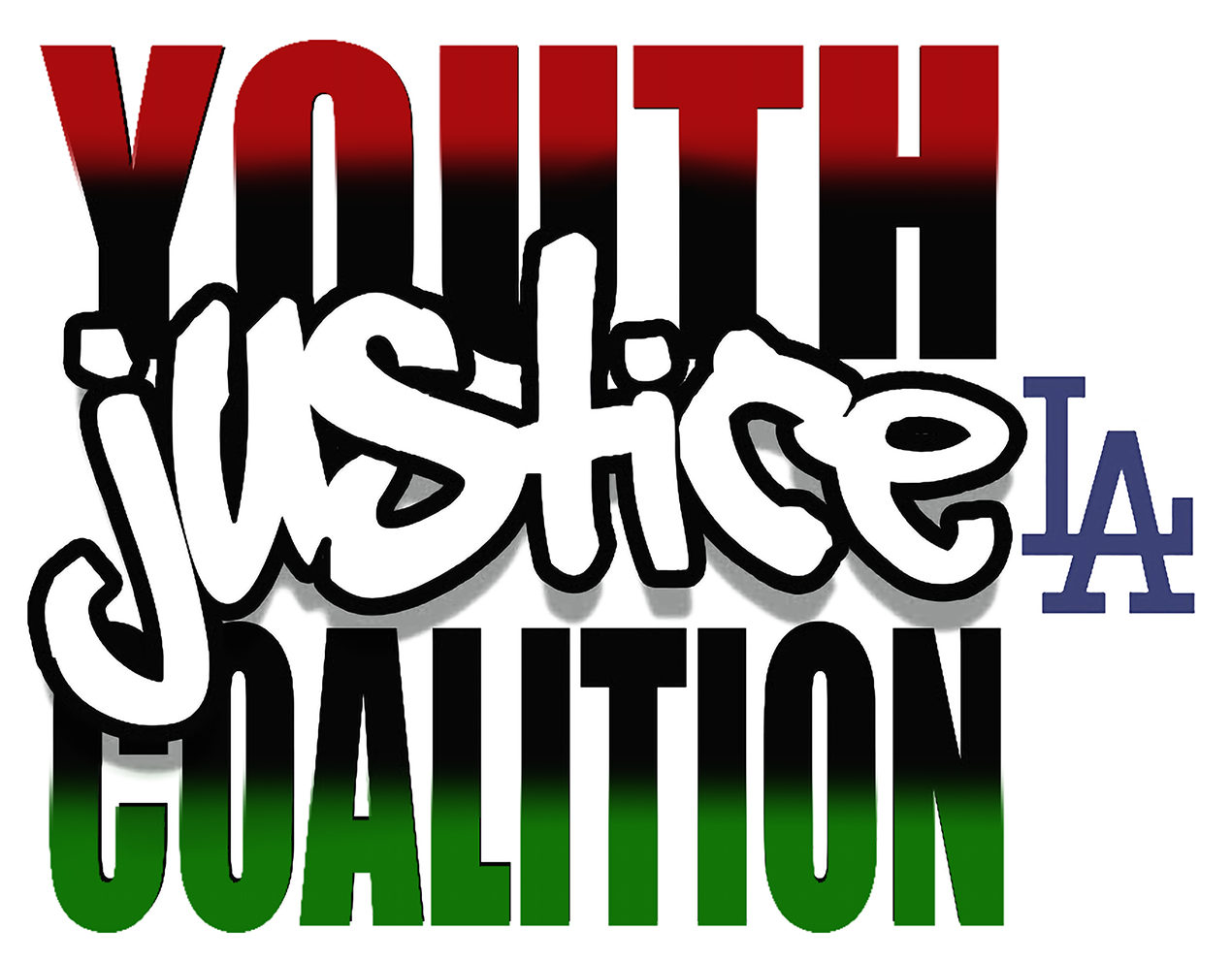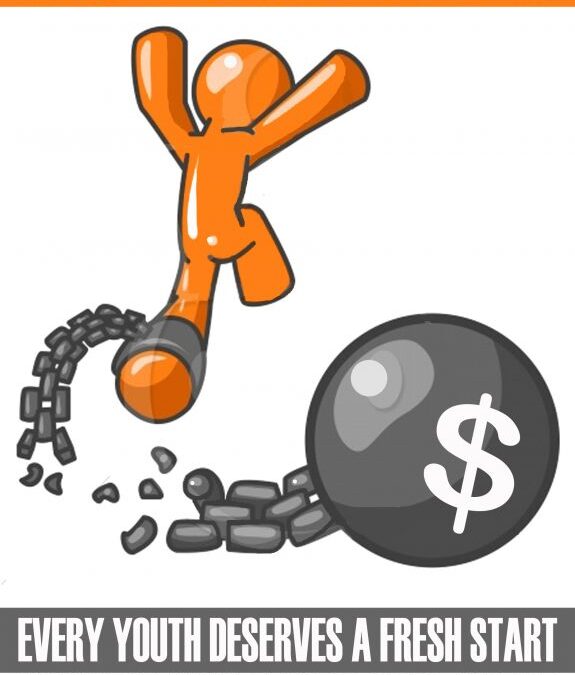
Tomorrow (Thursday, June 15) is the last day to get a SB 190 support letter in before next Tuesday’s Assembly Public Safety Committee hearing. Please e-mail in an organizational letter by tomorrow at 5pm.
E-mail us a copy of your letter at action@youth4justice.org so we can also make sure they are registered for the hearing next week.
Sample letter:
EVEN IF YOU ALREADY SENT A LETTER – WE NEED ANOTHER ONE
Below is a sample support letter for SB 190. To send a letter of support, copy the sample letter directly onto your organizational letterhead or use it as a model to create your own letter. Be sure to include the date, add a description of your organization and include a signature, name and title at the bottom.
Please e-mail a PDF file of your signed letter to action@youth4justice.org so we can make sure it gets in. Please send us your letter to us byThursday, June 15th by 5pm
SAMPLE SUPPORT LETTER SB 190 (MITCHELL, LARA)
Date
Honorable Reginald Byron Jones-Sawyer Sr.
Chair, Public Safety Committee
California State Assembly
Capitol Office, Room 2117
Sacramento, CA 95814
RE: Support for SB 190 (Mitchell, Lara) – Ending Juvenile Administrative Fees
Dear Chairperson Jones-Sawyer, Sr.:
[Name of Your Organization] supports Senate Bill 190 (Mitchell, Lara) which will end the harmful assessment of administrative fees against the families of youth impacted by the juvenile justice system. We are grateful for your co-authorship, and we urge you to do all you can to ensure that this bill passes.
State law permits counties to charge families with youth in the juvenile justice system fees for detention and probation. Counties determine the type and amount of these administrative fees, up to a state maximum. Although a handful of large counties have recently discontinued the practice, most California counties still assess and collect fees related to detention, supervision, electronic monitoring, drug testing, investigation, and even representation by a public defender.
Research conducted by the Policy Advocacy Clinic at the U.C., Berkeley, School of Law has shown that juvenile fees have a regressive and racially disparate impact on Californians. Most youth in the juvenile system come from low-income families that should qualify for fee reductions or waivers based on inability to pay, but often face complex procedural hurdles in order to secure a fee reduction or waiver. Some counties pursue juvenile fees from families whose children are later found innocent of any charges, and some pursue fees from families even after the debt pushes them into bankruptcy.
Because Black and Latino youth are discriminated against throughout the juvenile justice process, fees are imposed disproportionately on families of color. For example, compared to their White counterparts, youth of color experience harsher treatment by the juvenile justice system. They are referred to juvenile probation at disproportionate rates, detained more often and for longer periods of time, and sentenced to longer probations terms, which translate directly into fee assessments. As a result, families of color—families that are already more likely to be living in poverty—bear a much higher fee burden than White families.
The primary goal of the juvenile justice system is to promote rehabilitation and facilitate family reunification. As the 9th Circuit, the New York Times, and juvenile justice experts across the country have noted, juvenile administrative fees do not serve any of the stated purposes of the juvenile justice system: fostering rehabilitation or promoting public safety. These fees are not meant to punish youth or reimburse victims. Separate measures like restitution and other related fines, which SB 190 does not impact, serve those purposes. By statute, juvenile administrative fees are intended solely to help counties recoup costs related to providing care and supervision to youth. Yet, most counties net little to no net financial gain from these fees because they are costly to collect and most families cannot afford to pay them. Moreover, recent research suggests that such fees actually increase youth recidivism.
SB 190 repeals counties’ ability to impose regressive and counterproductive juvenile administrative fees. Only a complete repeal will address the adverse and disproportionate impact these fees impose on families and youth from low-income communities of color. Anything less than full repeal will only perpetuate the existing “means-test” procedures that currently fail to protect low-income youth and their families.
If you want, add a paragraph here about your organization and why you care about this issue.
[Name of Your Organization] supports SB 190 in its current form and reiterates our appreciation of your co-authorship of the bill. We respectfully request that you continue to do all you can to support the bill’s passage.
Sincerely,
Your Signature
Name
Title
Again, please e-mail us a copy of your letter and we can also make sure it is included in the bill’s analysis for next week’s hearing.
Thank you your support!

